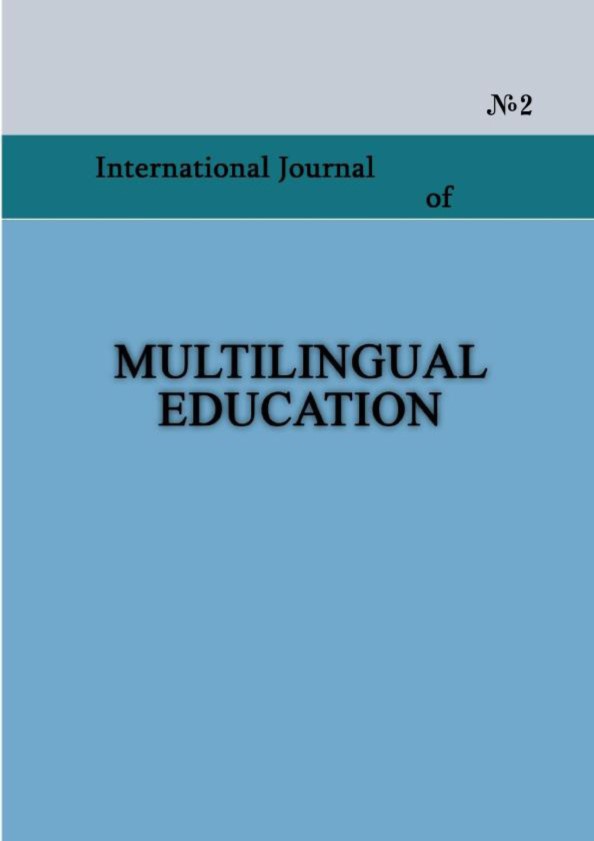For the Definition of the Term " Education System" in Post Soviet Countries
Keywords:
Education System, Teaching, Structure, EducationAbstract
The aim of the article is to define semantic and structural characteristics of the term _ education system _ on the basis of the analysis of regulatory documentation of education in the Post Soviet countries (Georgia, Azerbaijan, Russian Federation). The author presents his views of definition and education system and tries to determine and define them. In order to properly perceive education system, essential elements of the terminological base of educational sciences _ education and system _ are defined and the author tries to fit them into the context of educational system as a whole. The author presents an ordered discussion concerning the essential characteristics of the educational system in the Post Soviet countries and draws conclusions. At the end of the article, it is noted that the essence and definition of education system varies all over the world, which is completely natural, as this difference depends on what is the fundamental principle of understanding the education system _ all the organizations and characteristics that define the education system or the unity of educational and training institutions. The author argues, that the concept of education system should necessarily involve the unity of teaching and training institutions, as far as the system should be self-generating and be able to create something characteristically new, which none of the bodies that conduct educational policy are capable of. Accordingly, exactly the above mentioned way represents a more optimal, logical foundation principle.
References
Chkuaseli Ivane, Chkuaseli Ketevan, General Foundations of Pedagogics. “Intellect” Publishing. Tbilisi,2012. 255 pp. Georgian Soviet Encyclopedia: volume 2. Tbilisi,1977.701 pp
http://www.edu.gov.az/view.php?lang=ru&menu=72&id=4297
Published
How to Cite
Issue
Section
License
Copyright (c) 2013 Zaqaria Qitiashvili

This work is licensed under a Creative Commons Attribution-NonCommercial 4.0 International License.
Copyright (c) - Authors who publish with this journal agree to the following terms: Authors retain copyright and grant the journal the right of first publication with the work simultaneously licensed under a Creative Commons Attribution-Noncommercial 4.0 International License, which allows others to share the work with an acknowledgement of the work's authorship and initial publication in this journal. Authors are permitted and encouraged to post their work online (e.g., in institutional repositories or on their personal website) prior to and during the submission process, as it can lead to productive exchanges, as well as earlier and greater citation of published work (see The Effect of Open Access). Authors may enter into separate, additional contractual arrangements for the non-exclusive distribution of the journal's published version of the work (e.g., post it to a repository or publish it in a book), with an acknowledgement of its initial publication in this journal.

